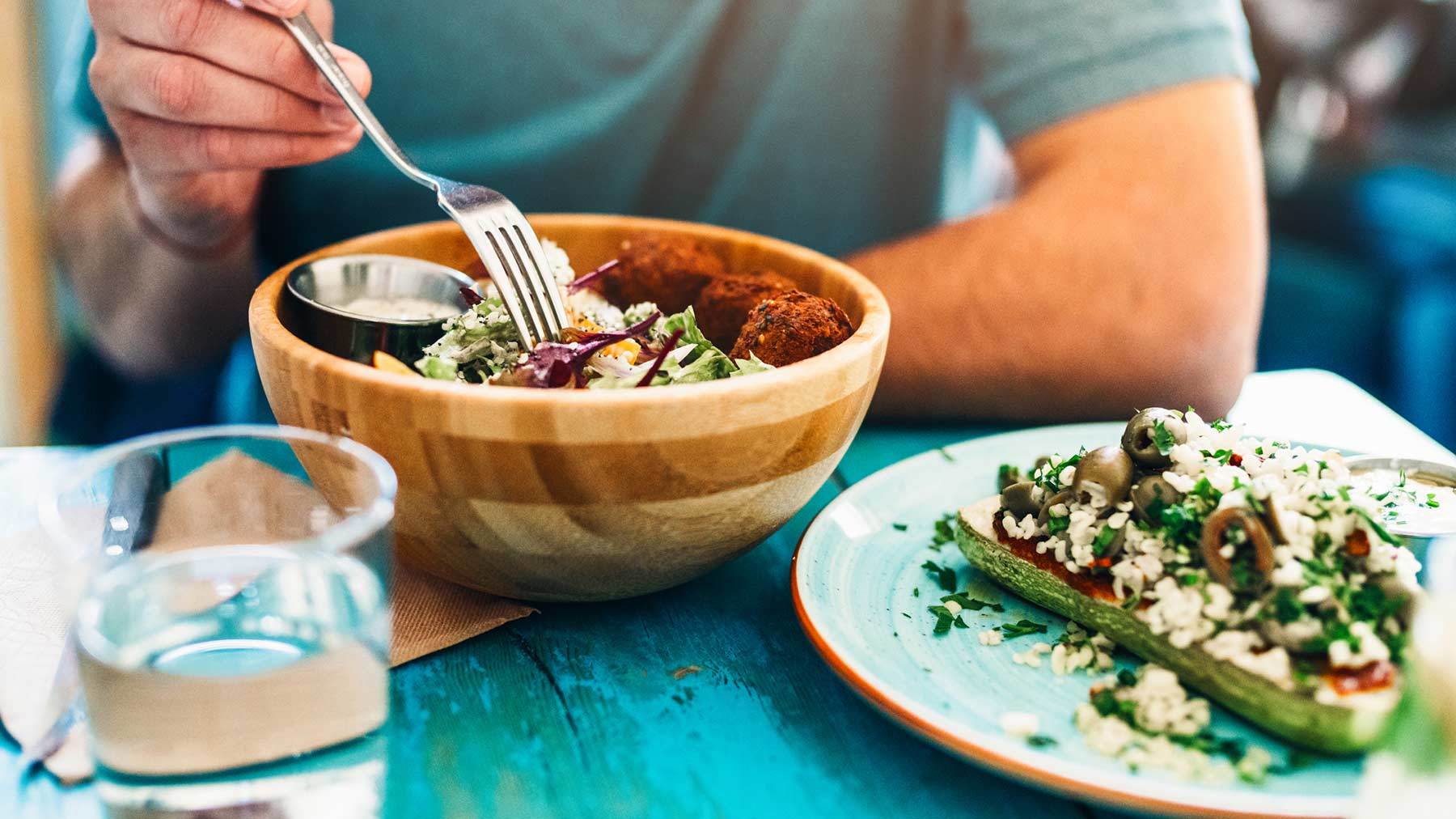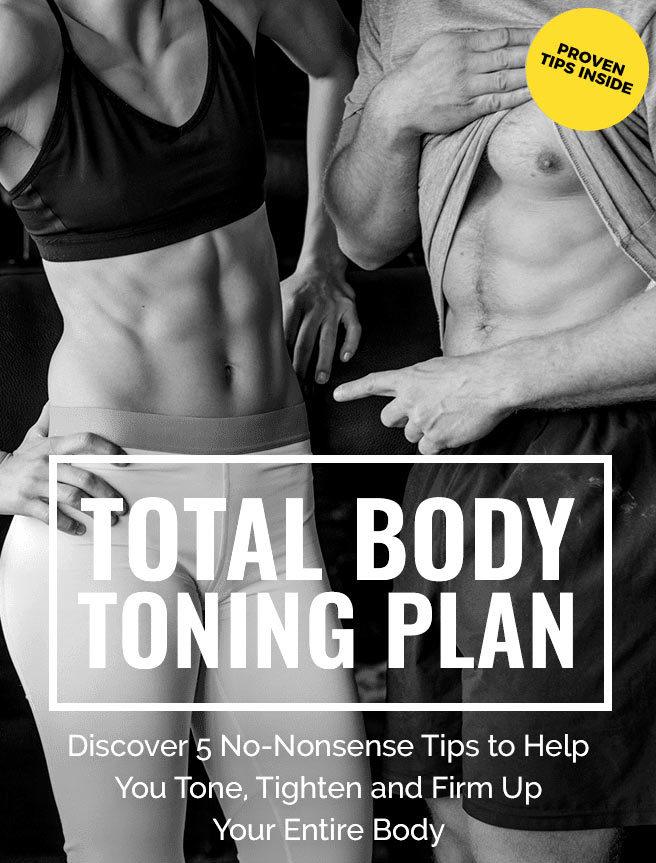#FoodIsFuelFebruary – You Don’t Need To Crash Diet To See Results
When training in Worthing, you’re surrounded by tempting eateries and seaside treats. Who doesn’t love a Mr. Whippy from time to time?
January’s over, all your other resolutions have fallen by the wayside, and you’re clinging onto your determination by the skin of your teeth. The thought of forgoing burgers for another month just seems impossible.
Newsflash: You don’t need to. By carefully picking the types of foods that make up your diet, you can keep yourself feeling full without undereating, fasting, or crash dieting. Because where’s the fun in that?
A word from qualified trainer James Collins, B.Sc.
Dieting does not need to be all or nothing. In face, the very word “dieting” has negative feelings associated with it, when in fact, everything we eat IS our diet. Find ways to enjoy your food and just adjust what you already eat to make it more, less or healthier options without completely rewriting your entire lifestyle as you know it.
What to eat after your workouts:
Spoiler alert: Proteins and carbs play vital roles in helping you build strength after a workout. (Yep. Even carbs.)
When you work out, your body breaks down proteins in your muscles. Your muscle proteins are made from tiny little strings of compounds called amino acids – and you need to eat a bunch of amino acids to rebuild those muscle proteins after a workout.
Your muscles also burn through glycogen, an extremely high-energy fuel that keeps you going during super strenuous activity. Your body has stores of these, but high-intensity cardio like swimming uses these pretty rapidly. (Weight training does, too, but less so.)
Carbs are central to building these stores back up so that your muscles have the energy they need to blast through the next workout. They’re not the evil people paint them out to be.
(Neither are fats, to be honest – they may not proactively help, but research has shown that they don’t hurt either glycogen production or muscle growth.)
So how much of each?
Protein. The International Society of Sports Medicine (ISSM) recommends getting 0.3–0.5 grams of protein per kilogram (g/kg) of body weight.
Carbs. The ISSM recommendation for carb intake is 0.5–0.7 g/kg of body weight.
Do you need protein supplements?
Not really. Some people take protein supplements before or after a workout.
Suppose you’re at the stage of seriously bulking out – then maybe. But you can easily get a muscle-building amount of protein, as well as a whole host of other minerals, vitamins, and micronutrients that you’re missing out on if you head straight for the protein shakes, from your regular diet.
Perhaps you lead a fast-paced, busy lifestyle and don’t necessarily have time to fry up a mackerel every morning. Supplements could help you retain your gains then. Try to get them from the diet first and foremost.
*When* to eat after your workouts
After working out, get food in you as soon as possible – but it needn’t be a 45-minute window, as was previously believed. Your body will make good use of protein and carbs for a few hours after your workout.
It’s best not to absolutely load up on protein and carbs after a workout, though. Your body builds new muscle and replenishes glycogen all day. Keep it fuelled with smaller meals full of protein and carbs every 3–4 hours.
Should you work out on a full stomach?
It’s all about what feels most comfortable for you. Research hasn’t found that pre- or post-workout noshing makes all that much difference to performance.
If pumping iron on a full stomach makes you queasy, wait until after to stock up on protein and carbs. If you find your stomach grumbling at the gym, you might do well to knock back a snack or two before you start.
How can Project Spartan support your nutritional needs?
The most important aspects of post-workout nutrition are that you enjoy what you eat and that it fits into your lifestyle. Project Spartan can help you achieve just that:
:Our trainers dedicate real time to working out how many calories will help you meet your weight goals. They don’t push protein shakes on you or force you to skip meals. You’ll get real support in your nutritional health alongside the exercise journey.
- We provide all our members with a recipe book full of delicious, filling, and healthy meals, and they all come with a barcode that you can easily scan into your calorie tracking app – and there’s a whole plant-based edition too.
- We offer a range of drinks, shakes, and protein bars that you can buy conveniently through our app when you’re at the gym.
Get in touch today about our programs and membership tiers that can fit any budget.




